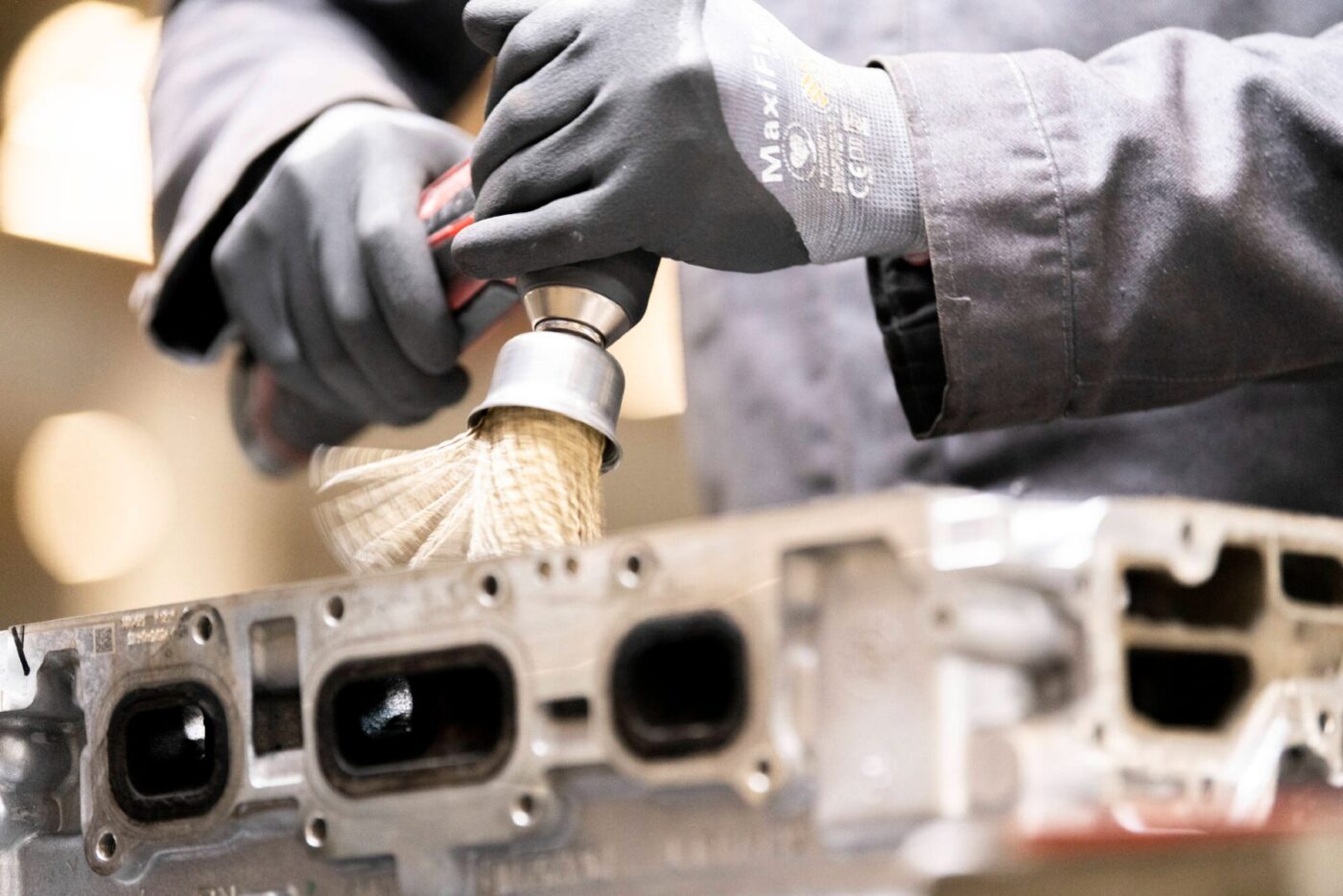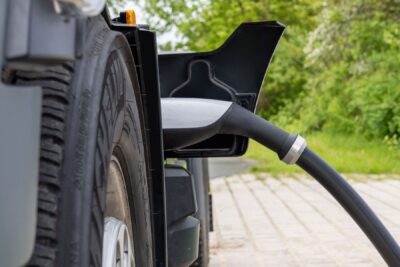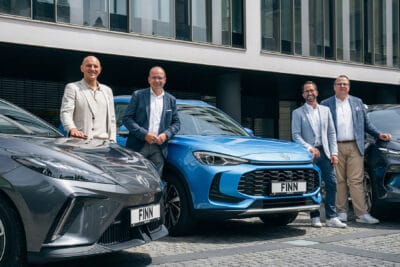Renault to offer remanufactured drives and batteries in after-sales
The Future is Neutral is the Renault Group subsidiary founded in 2022 with a focus on recycling. The new company aims to become the European leader in the circular economy for motor vehicles by 2030, as stated at its launch a year and a half ago. The company has now announced that it will be launching an after-sales service for the Renault Group that includes reconditioned components for the French company’s electric vehicles.
Specifically, there will be remanufactured electric motors for second use for the Zoe, Twingo E-Tech, Kangoo E-Tech and Master E-Tech; reusable power electronics for the Zoe and Kangoo E-Tech as well as 2nd life batteries for the Zoe, Twingo E-Tech and Megane E-Tech. At the French site in Flins, The Future is Neutral aims to achieve a production capacity of “more than 3,000 reconditioned components per year” for electric vehicles from this year.
However, the circular ecosystem will extend beyond Flins. The Renault Group is announcing an “industrial and collaborative system for circular economy solutions from Flins to Bursa in Turkey and Seville in Spain“. The sites are to reflect the four strategic pillars of Re-trofit, Re-energy, Re-cycle and Re-start. This means that Renault not only wants to recycle in the narrower sense, but also overhaul and refit used cars, carry out battery analysis and repair and push the structural development of a circular economy (through training, education and an incubation programme).
In autumn 2022, The Future is Neutral was presented as a company that wants to use old cars as a source of raw materials for new cars – not just within Renault, but for all players in the industry. At the time, it was said that a new car contains only 20 to 30 per cent recycled materials from all industrial sectors. The recyclable material from end-of-life vehicles, on the other hand, is mostly reused for other industrial applications, particularly in metal smelting and construction. The aim of The Future is Neutral is to “enable the industry to use a significantly higher proportion of recycled automotive materials in the production of new vehicles”. The company is also aiming to play a leading role in the recycling of batteries in closed loops.
By 2030, the Renault start-up wants to lead the circular economy for motor vehicles in Europe with a turnover of more than 2.3 billion euros and a margin of more than ten per cent. To achieve this, it does not have to start from scratch. There is already a network of Renault subsidiaries and partners involved in the collection and recycling of parts, materials and batteries from scrap cars, production rejects or workshops. Specifically, Renault mentions its subsidiaries Gaia, Indra and Boone Comenor as well as the Refactory in Flins.
In the short term, the new company says it is aiming to expand its existing business areas and develop innovative opportunities for the automotive industry. To achieve rapid growth, The Future is Neutral also wants to involve external investors for a small portion of its capital. Specifically, to “co-finance investments totalling around 500 million euros by 2030”, Renault stated a year and a half ago.
Luca de Meo, CEO of the Renault Group, described the new company as a further step in Renault’s long-standing commitment to the circular economy. “Our subsidiaries Gaia, Indra and Boone Comenor, as well as the Refactory in Flins, have already demonstrated our ability to generate activities that create economic, social and environmental value throughout the vehicle life cycle.”
The company’s mission is to expand the business strategically and with new sales markets by offering closed-loop recycling solutions to the automotive industry, which is facing the challenge of climate change, new legislation and increasing pressure on resources, the Renault boss explained. “Our goal is to take recycling into a new era and become the European leader in the circular economy.”
Renault illustrates its relevance with the following figures: Every year in Europe, for example, more than eleven million vehicles reach the end of their life cycle. Each is made up of around 85 per cent recyclable materials, primarily metals and plastics.





2 Comments